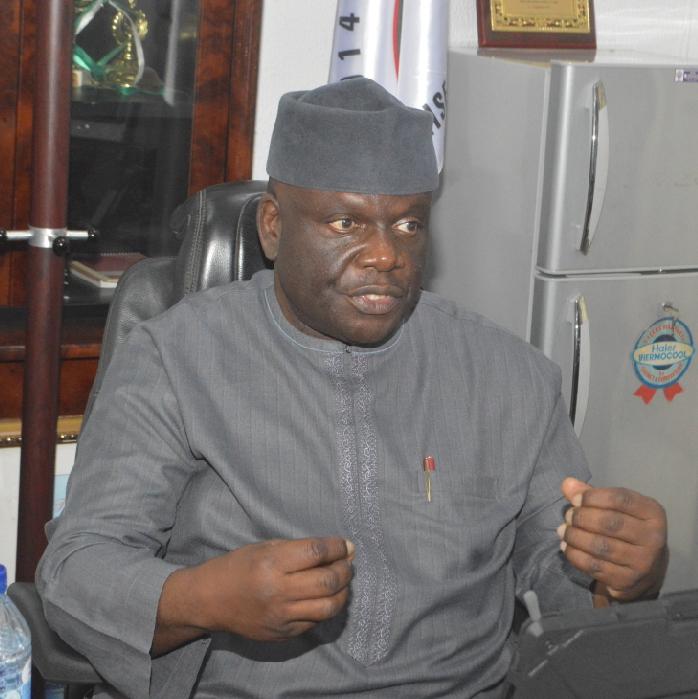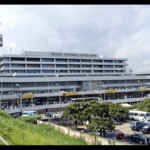
Nigerian airlines may soon begin to lease aircraft without high insurance premium and rigid, outrageous leasing rates, as the federal government has stepped in to rebuild relationship between airlines and lessors.
After series of default on leasing agreements by some Nigerian carriers, lessors have stopped giving out their aircraft to operators despite the fact that Nigeria is signatory to Cape Town Convention, which enables airlines of member countries to lease aircraft at low rates.
This had led to a reduction in the number of operating aircraft before the COVID-19 lockdown and heightened the cost of airfares, as number of operating aircraft was not meeting the demand of passengers, forcing airlines to cancel and delay flights, besides the exorbitant airfares.
To end this problem, the Director General of the Nigerian Civil Aviation Authority (NCAA), Captain Musa Nuhu said the agency would guarantee lessors that it would protect their equipment leased to Nigerian carriers and with the new assurance, lessors can now give out their aircraft to Nigerian operators at relatively lower rates.
“We will work with Nigerian airlines that lease aircraft and if there is any disagreement we will intervene and resolve the issues without having serious negative consequences on the Nigerian aviation market. “Of recent there was an airline in Northern Ireland that has issues with an operator in Nigeria over leased engines, we stepped in, intervened and we were able to resolve it and the engines were returned to the lessor.
“Honestly, from that singular act I got a lot of positive responses from the international community. People are more relaxed to do business with Nigerian airlines, knowing that if their equipment got stuck in Nigeria; they are able to get their equipment back with the help of the regulatory body,” he said.
The Director General said it would rebuild the confidence lessors have in Nigeria and could now lease aircraft to Nigerian airlines without stringent measures that describe Nigeria as risky environment, which ups the insurance premium and leasing rates.
“If we continue to intervene for a longtime, it is going to make it easier for Nigerian operators to lease equipment, be it aircraft, engine or whatever, it will also come at a competitive global rate rather than adding premium because Nigeria is considered a high risk market. These are part of the things we are doing,” Nuhu said.
However, aviation economist and the lead consultant at ETIMFRI Group, Amos Akpan told THISDAY that there was negative perception about the country in the global business transactions, noting that transactions with Nigerians carry a high possibility of fraud and corruption.
“This false propaganda makes those leasing aircraft to Nigerian airlines install unnecessary, difficult clauses which are not found in their lease agreements with airlines from other countries.
“The situation is tilted against the Nigerian to the extent that when the lessor is in default, he gets away with it because of the preconception that the Nigerian should be in default.

“The Cape Town Convention addressed this anomaly. The convention stipulates that all aircraft lease agreements be registered with the Civil Aviation Authority (CAA) of the contracting states. It further stipulates in case of default by the lessee in the agreement, the CAA shall grant permission to the lessor to fly out her aircraft to a destination of her choice. Simply put, if the lessor applies to NCAA, she shall be granted permission by NCAA to ferry out her aircraft. There have been instances that NCAA successfully implemented the Cape Town Convention protocol. Also, there are instances where the Nigerian courts have barred the NCAA and the Lessor from implementing this protocol in Nigeria,” Akpan explained.






